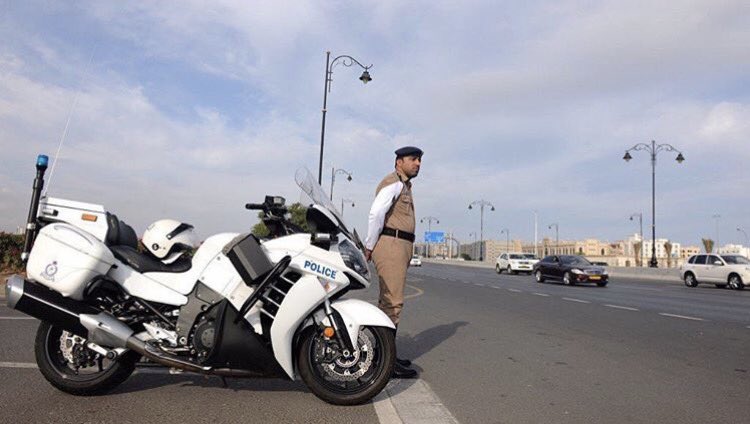
Muscat: Residents in Oman displayed the highest public awareness and usage of the Royal Oman Police’s (ROP’s) eServices over other government electronic services, a survey has revealed.
According to a survey conducted by the Information Technology Authority (ITA) in April this year, ROP’s eServices were ranked the highest in terms of awareness among the public, as well as usage of government services.
The survey targeted Omani citizens and residents in Muscat. Answers were gathered from 1,779 respondents, of which 67 per cent were collected through field interviews, and 33 per cent through an online link via ITA social media channels.
Omanis constituted 90 per cent of those surveyed, while expats only formed 10 per cent of the respondents.
“The survey aimed to assess individuals’ awareness and usage of government electronic services, and challenges with regards to less usage of electronic services,” the ITA said.
According to the survey’s results, 95 per cent of respondents were aware of one government electronic service at least.
“This indicated that awareness exists, but there is a need to specify and target the right segments in promotional and marketing campaigns,” the ITA said.
The electronic services of five government entities were addressed in the survey. These included those provided by ROP, the Ministry of Health, Muscat Municipality, the Ministry of Manpower and the Ministry of Commerce and Industry.
With regards to ROP, 93 per cent of the respondents were aware of the agency’s services, while 86 per cent had used ROP eServices in the past.
The second most visible and used eServices belonged to the Ministry of Manpower, as 76 per cent were aware of the Ministry of Manpower eServices and 59 per cent had used them.
“This indicates that the Ministry needs to do more awareness campaigns about its services to encourage the target audience to shift to using online services,” ITA added.
The Ministry of Commerce and Industry eServices were the third most visible and used, as 58 per cent were aware of their eServices and only 42 per cent had used them in the past.
Muscat Municipality eServices are the lowest in terms of usage, as 32 per cent of respondents had used their services and 54 per cent were aware of them.
The Ministry of Health eServices were familiar for 51 per cent of the respondents, and only 42 per cent had used them before.
“According to the results, only eight per cent of the respondents did not use the eServices of the government entities addressed in the survey. When asked about the reasons for not using the government eServices, the highest response was low network speed by 34 per cent, while 9 per cent was attributed to lack of experience in using the technology,” ITA explained.
According to the ITA, the concerned government entities have been made aware of this information in order to support their future plans.
“Some of the general comments addressed by the survey respondents were the lack of integration between all these entities, which resulted in having incomplete end-to-end eServices. In addition, respondents reported low network speed despite the high prices of telecommunication offers in the Sultanate,” the ITA added.
A survey question asking whether individuals paid their utility bills electronically revealed that only 57 per cent of respondents pay their phone bills through an eService, while 56 per cent pay internet bills electronically, and 33 per cent of the respondents pay their electricity bills through eServices.
The utility bill, which saw the least eService usage, was water bills, as only 27 per cent of respondents paid through electronic services.
Of the 1,779 respondents in the survey, 82 per cent were male and 18 per cent were female. About 80 per cent of the survey respondents were aged between 18 and 40 years.